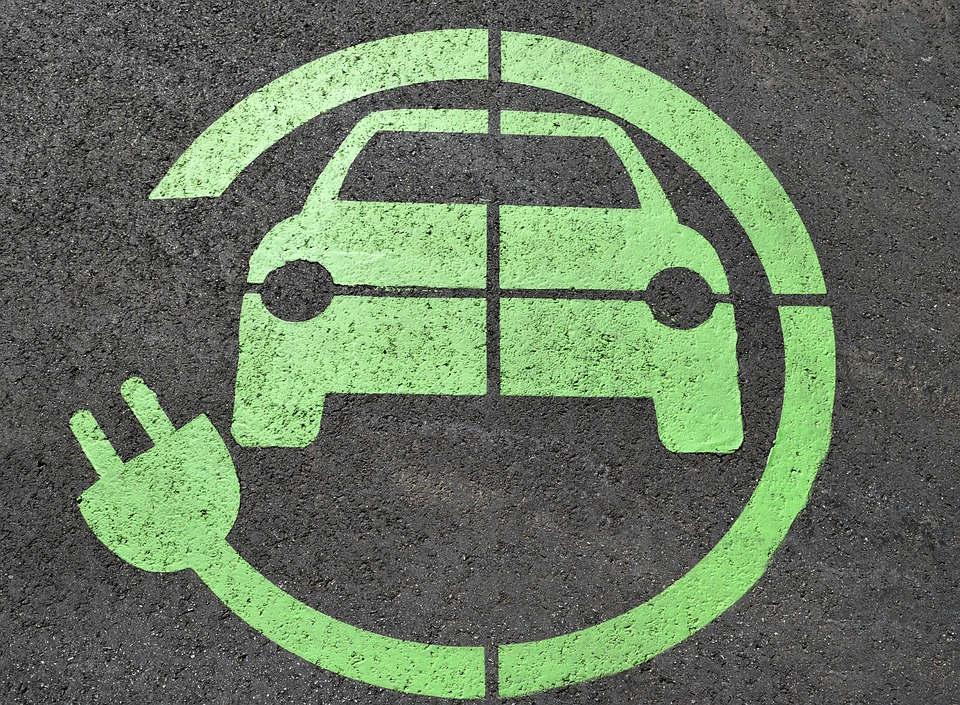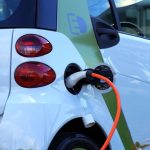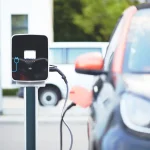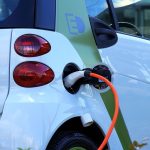As Poslovni Dnevnik/Darko Bicak writes, we’ve been witnessing record high Croatian fuel prices over recent months, which is an additional reason to think about alternative fuels and electric vehicles (EV).
The fact that Croats are seriously thinking about and working on this is shown by some interesting recently published data, according to which as many as 1,436 new and 340 used Croatian elecric vehicles were sold in 2021, which is the highest ever.
According to the Electric Circuit Drivers Association, this is a record because last year the country recorded an increase in sales of new EVs of as much as 154 percent compared to the previous year of 2020.
“During 2021, 1436 new Croatian electric vehicles were sold, which together with existing EVs and used imports makes up a total of 3054 registered electric vehicles according to statistics from the Croatian Vehicle Centre – CVH,” said Hrvoje Prpic, the president of the Circuit.
He added that almost all new Croatian elecric vehicles were purchased with their accompanying state incentives, which shows that the new incentive model that came to life last year has finally become functional. The Renault Twingo E-Tech was expected to be the best-selling electric car in all of Croatia with a total of 444 units sold, followed by the Tesla Model 3 with 219 units and the Hyundai Kona Electric with 94 units.
The top 10 best-selling new Croatian electric vehicles also include the Škoda Enyaq with 90 units sold, the Volkswagen ID.3 with 79 vehicles, the Volkswagen ID.4 with 72 cars and the Dacia Spring Electric with 63 electric vehicles. Also on the list are the Renault Kangoo Z.E. with 53 cars sold, the Audi Q4 e-tron with 29 and the Škoda Citigo iV with 27 units sold.
According to Electric Circuit, if we’re to go off the information provided by the statistics of the Croatian Vehicle Centre, it can be concluded that about 340 used electric vehicles now in the country were imported elsewhere, so the overall growth of the fully electric fleet in Croatia is as high as 127 percent.
The fact that electric cars are becoming more and more popular, but also that a large number of customers still have reservations about this type of technology, has been showcased by a global survey published recently by the consulting company Deloitte.
“While global carmakers are trying to deliver on their promises of a more electric future, consumers are only interested in sustainable (electric) propulsion if it will reduce fuel costs, provide them with better driving experiences and a sense of environmental contribution. However, due to certain limitations that electric vehicle drivers still face, many customers continue to turn to proven, well-known internal combustion vehicles, meaning that only some consumers are willing to pay for these advanced technologies,” Deloitte believes.
Some of the main highlights of this analysis, which included 26,000 consumers from 25 different countries, are that despite growing societal interest in ecology and sustainability, most consumers are still unwilling to pay more than 500 US dollars for advanced technologies such as alternative source energy engines.
Furthermore, consumers are reluctant to pay for other types of advanced equipment including autonomous driving, increased safety and connectivity. Consequently, as they pointed out, vehicles with internal combustion engines will continue to be the leader, the future choice of American customers (69%). When it comes to alternative engines, consumer interest in battery-powered electric vehicles is highest in the Republic of Korea (23%), China (17%) and Germany (15%), while Japanese buyers (48%) are more inclined to buy hybrid electric vehicles. Most future buyers of electric vehicles intend to charge their vehicles at home, especially in Japan (76%), India (76%), the US (75%) and Germany (70%).
Gordan Kozulj, a former celebrated Croatian swimmer and the now director of Deloitte’s business consulting department, pointed out that the automotive industry remains resilient despite the coronavirus pandemic affecting almost all aspects of its business operations.
For more, check out our dedicated lifestyle section.











